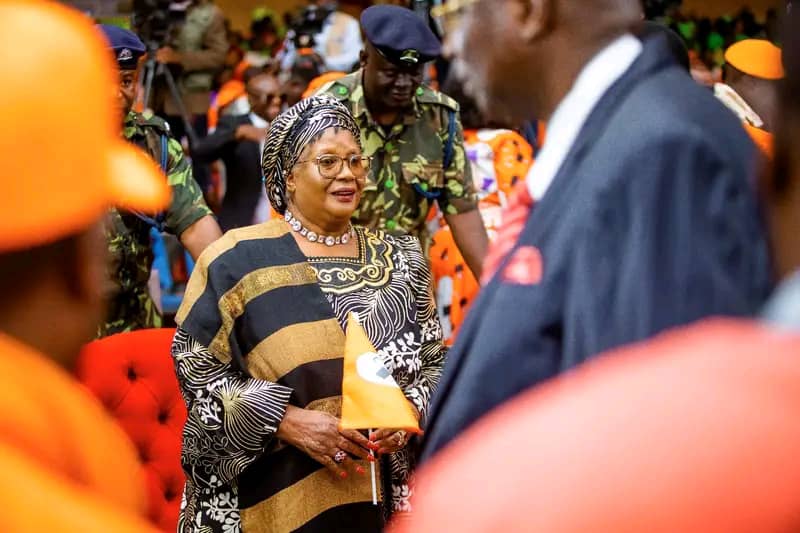By Burnett Munthali
Analyzing political party manifestos is a crucial exercise in understanding the vision, priorities, and credibility of political parties—especially during election periods.
The People’s Party (PP), once a dominant political force in Malawi under the leadership of former President Joyce Banda, has released its new manifesto with aspirations to reposition itself as a viable alternative in the 2025 elections.
To begin with, any analysis of the PP’s manifesto must be grounded in the party’s historical performance. During its short-lived administration from 2012 to 2014, the People’s Party inherited a nation in crisis following the sudden death of President Bingu wa Mutharika. Joyce Banda’s leadership ushered in a wave of international goodwill, culminating in renewed aid flows and donor support. However, her government was later marred by the infamous Cashgate scandal, which significantly tainted the party’s image and credibility. This dual legacy—of rescue and scandal—forms the lens through which many Malawians still view the PP today.
Given Malawi’s current economic hardships, youth unemployment, and public sector inefficiencies, the national context demands a manifesto that is bold, focused, and pragmatic. The PP manifesto attempts to rise to this challenge by placing economic revitalization at the core of its agenda. Promising job creation through industrialization, investment in agriculture, and youth innovation hubs, the party seeks to address the immediate concern of unemployment. Yet, critics may question whether the party has the capacity or trust to deliver these promises, considering its past.
On education, the PP outlines reforms aimed at increasing access and improving quality. Free secondary school education, teacher recruitment, and classroom infrastructure development are among its key proposals. While these goals align with public expectations, their feasibility in the current economic environment remains uncertain unless supported by a concrete implementation roadmap.
The health sector also features prominently in the PP’s manifesto, with pledges to decentralize health services, enhance maternal and child care, and invest in rural clinics. These proposals demonstrate an understanding of the struggles of ordinary Malawians. However, without specifying funding strategies, the promises risk being dismissed as political rhetoric rather than actionable policies.
Corruption, a national sore point, receives strong condemnation in the manifesto. The PP vows to strengthen oversight institutions, protect whistleblowers, and digitize government systems to reduce theft and wastage. While this stance is commendable, the party must work hard to rebuild public trust after its own entanglement in the Cashgate saga. Voters will want more than words—they will demand accountability and evidence of transformation within the party itself.
Public expectations in 2025 revolve around delivery, not merely intent. Malawians are tired of recycled promises and half-hearted reforms. In this regard, the PP’s manifesto is a mixed bag—well-written and issue-focused, but shadowed by historical baggage. To persuade the electorate, the party will need to go beyond paper and demonstrate through leadership, candidates, and transparency that it is a reformed entity.
Conclusion:
The People’s Party manifesto represents a strategic attempt to re-enter mainstream politics with a renewed vision for Malawi. It touches on the nation’s pain points—economic recovery, education, health, and anti-corruption—and presents itself as a listening, learning party. However, the success of this manifesto lies not in its promises, but in the credibility of its messengers and the confidence of the people. Without trust, even the most articulate manifesto may fall on deaf ears. With trust, however, the PP could stage a remarkable comeback.




